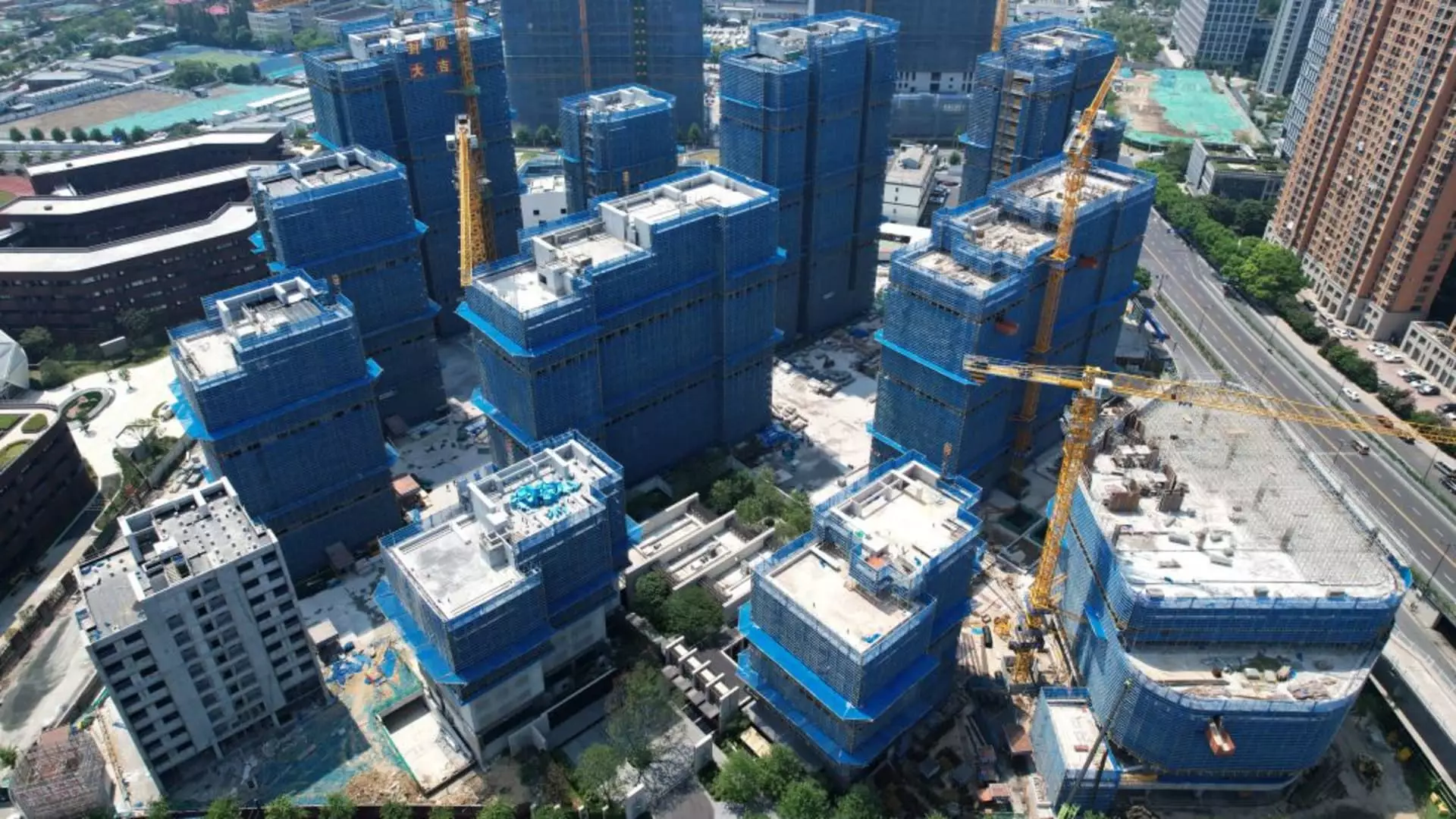In a recent report by the Milken Institute on China’s best performing cities, Hangzhou, the capital of the eastern Zhejiang province, emerged as the top city in terms of economic vibrancy and growth prospects. Home to tech giants like Alibaba, Hangzhou has been at the forefront of China’s push towards technological innovation. However, not all cities have been so fortunate.
Zhuhai, once considered a “rising star,” has been facing challenges due to a significant slump in the real estate market. Located in the southern province of Guangdong near Hong Kong, Zhuhai dropped a staggering 32 places in the rankings, landing in 157th place. The lack of interest in buying houses has left the city’s builders struggling to complete their projects, leading to a downturn in economic growth.
While some cities like Dongguan have been hit by U.S. sanctions, causing them to drop in the rankings, others like Shenzhen have seen an increase in their standings. Dongguan, known for its factories and Huawei’s campus, fell 15 places to 199th place in the index. On the other hand, Shenzhen, a hub for Chinese tech companies, climbed to 9th place, just behind Beijing. The geopolitical tensions between the U.S. and China have had a significant impact on these cities, with many companies based in Shenzhen and Beijing facing blacklisting.
Despite the challenges faced by some cities, others like Wuhan and Hefei have shown resilience in the face of adversity. Wuhan, known for being the epicenter of the COVID-19 pandemic, surged nearly 30 places in the rankings to second place. The city’s efforts to keep factories running during the pandemic have paid off, allowing for a quick economic recovery. Similarly, Hefei, located in the Anhui province, has remained among the top ten cities in terms of economic performance. The city’s focus on technological development, supported by direct government funding, has contributed to its success in the latest index.
The impact of the real estate sector on China’s cities cannot be ignored. While Hangzhou’s success has been attributed to its growth in e-commerce, manufacturing, and finance, the local property sector’s outperformance has led to increased living costs. This raises questions about the sustainability of Hangzhou’s economic success and the challenges of replicating it in other cities.
China’s economic landscape in 2023 is a tale of winners and losers. While some cities like Hangzhou and Shenzhen have benefited from technological advancements, others like Zhuhai and Dongguan have struggled due to property market challenges and geopolitical tensions. As China continues to navigate through these obstacles, cities like Wuhan and Hefei serve as examples of resilience and innovation in the face of adversity.

